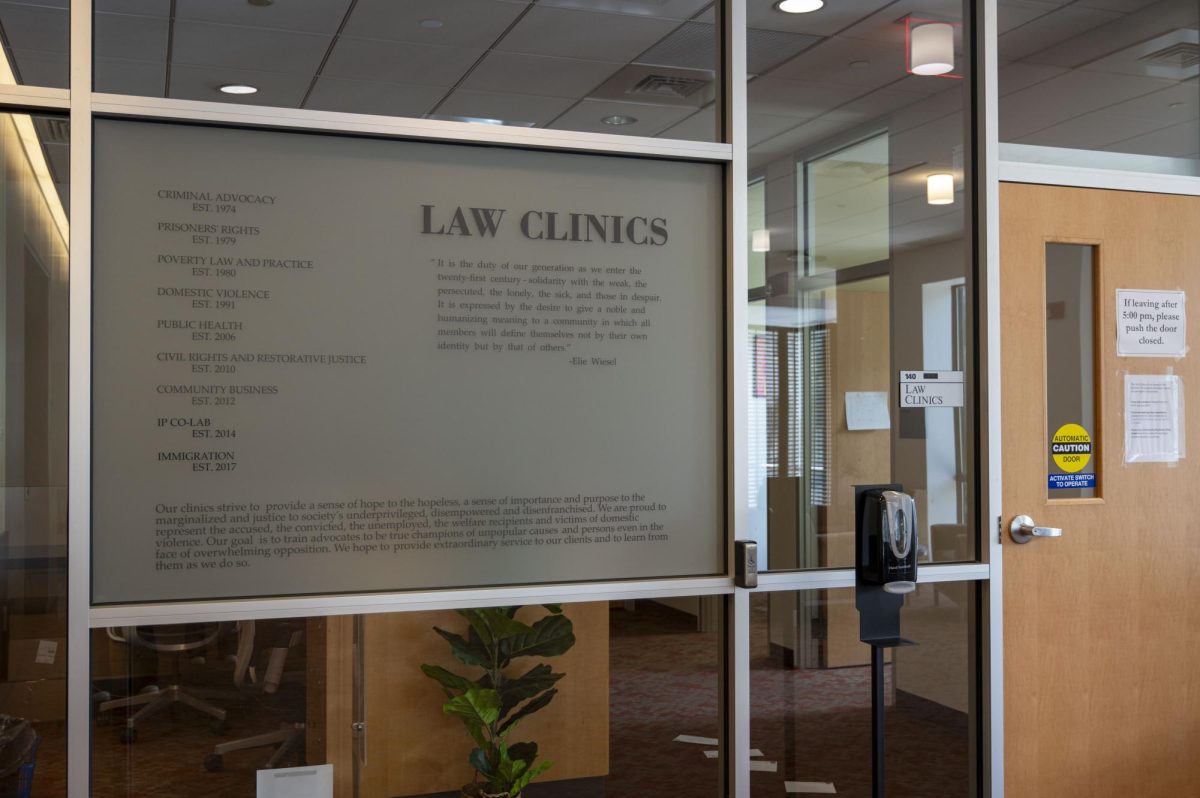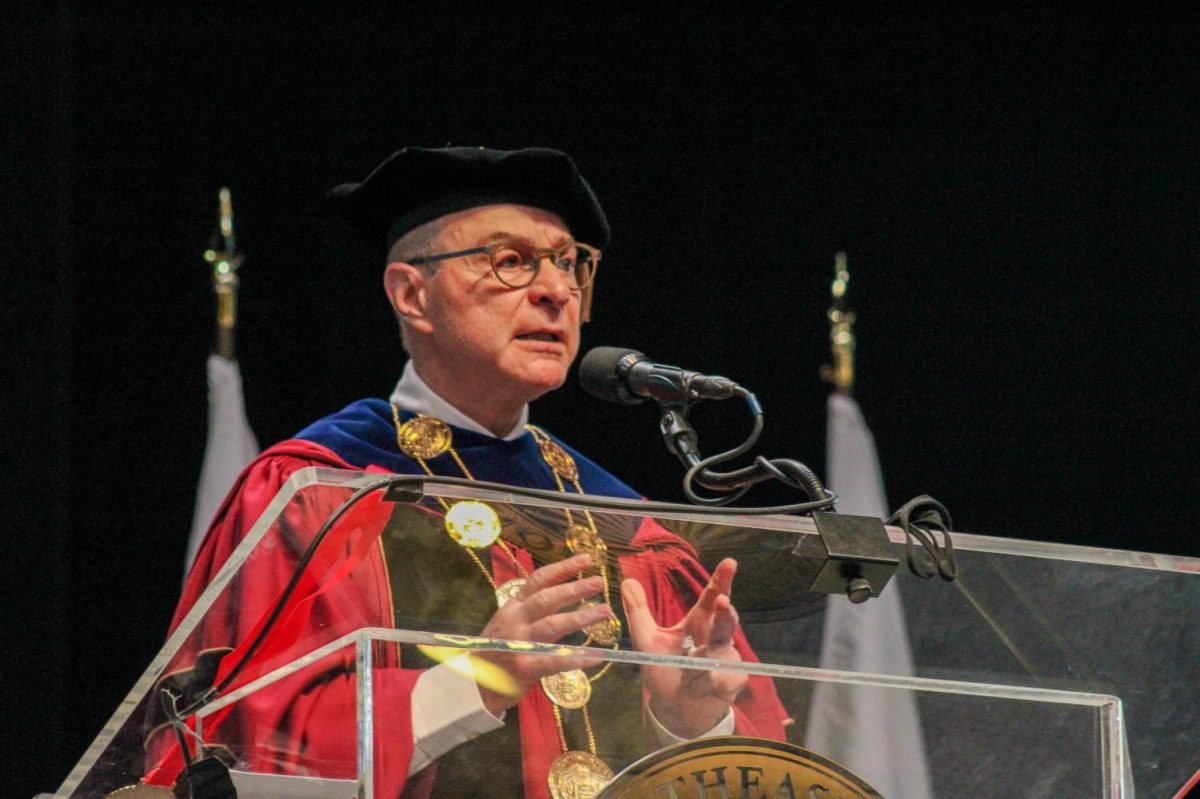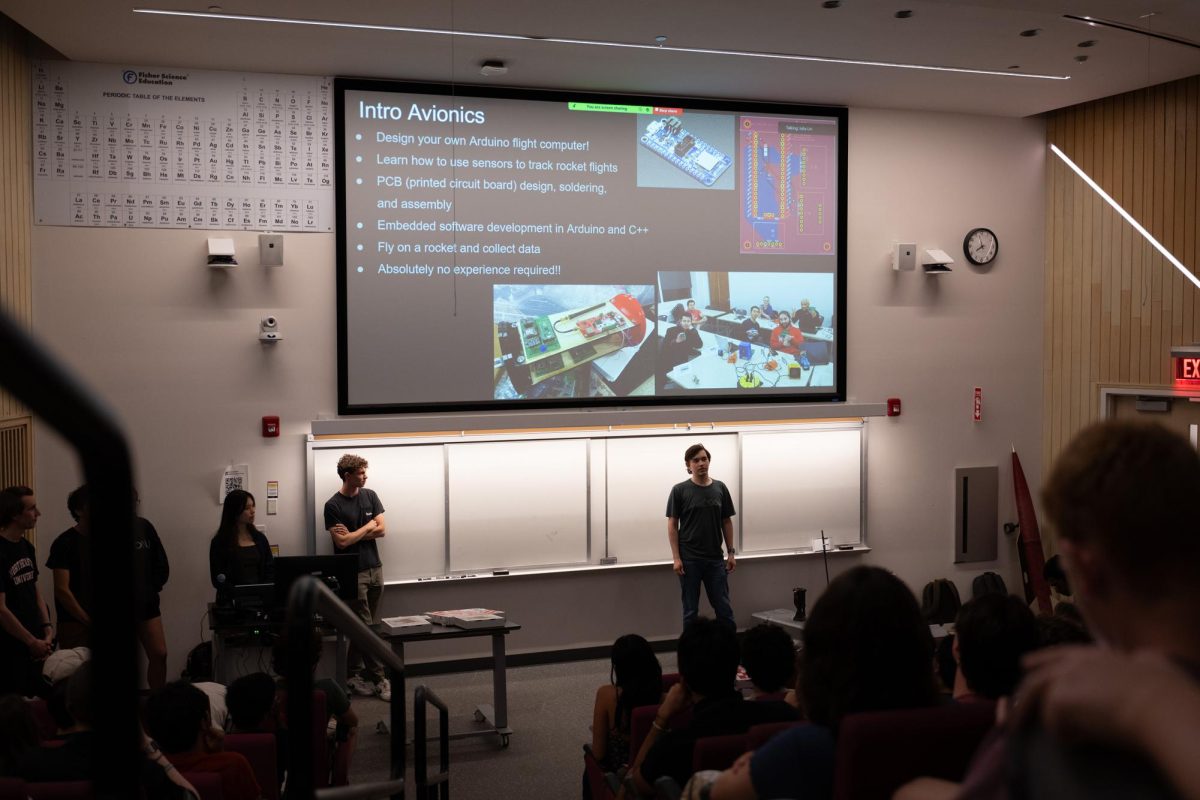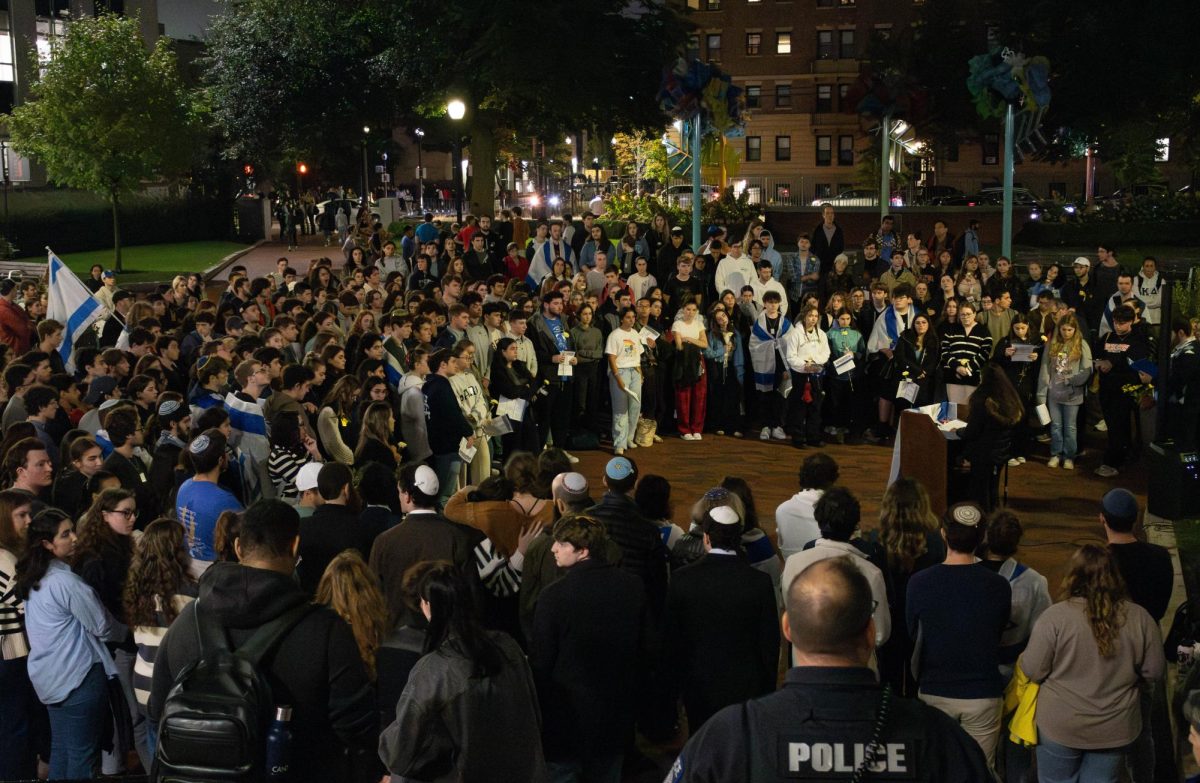By Jason Whye
Northeastern’s Arabic Languages program, which began in the spring 2002, is slated to expand during the next few years, following the rising popularity of the language after September 11.
The modern languages department’s goal is to establish four course offerings, from Arabic 101 to 302, by next fall, and to create a Middle East studies major, said Dennis Cokely, Middle East Studies department chair.
“The future is really bright for Arabic” at Northeastern, said Cokely, who helped initiate the expansion.
Since 2002, when the only Arabic course the department offered was Arabic 101, the department has expanded the language to include three full sections of 101, a nearly full 102 level class and a level 301 class at around one-third capacity, Cokely said.
He also said that there are plans to add more full-time faculty by next fall.
Creating classes and a new major is expensive, Cokely said. But Northeastern recently received an $85,000 Title VI Grant from the U.S. Department of Education specifically intended to develop a new major in Middle East studies and expand course offerings in Arabic.
Northeastern is one of only five schools that received the grant this year, along with Arizona State University, Texas A’M, the University of Colorado and San Francisco State University.
A lack of qualified instructors is a problem among some universities who want to create Arabic language programs. But Cokely said the difficulty of the language, not underqualified professors, is the biggest obstacle at Northeastern.
“Not that there aren’t weak teachers, [but] students just don’t realize how many different dialects there are,” Cokely said.
Arabic falls into a language category known as “diglossia,” meaning various regional dialects of Arabic differ so greatly from the standard version taught at most universities that they are nearly impossible to comprehend by nonnative speakers.
Cokely said he also believes that a large factor in the proficiency gap is what he calls the occurrence of “linguistic arrogance in this country,” coupled with the fact that Americans have no bilingual tradition, like in Canada or Switzerland.
While acknowledging the existence of weak teachers, Cokely said that problem does not and never will trouble the Northeastern students.
The one current full-time Arabic instructor, professor Fathi El-Shihibi, is a native speaker of Arabic, has a doctorate in Arabic studies, and has years of prior teaching experience.
When hiring new instructors, “our preference is native speakers with a minimum of a master’s degree” when hiring new instructors, Cokely said.
Julie Worthington, a freshman international affairs major, said she is eager to see the Arabic program expand in the future.
“It’s difficult to teach and learn, but the way it’s being taught seems to make sense,” she said. “I’m glad they have a continuing Arabic program so I can continue after this semester.”








